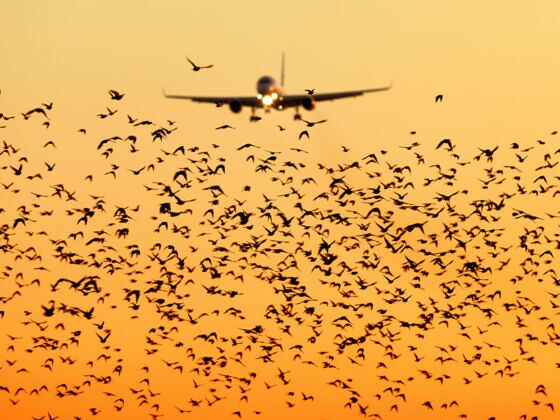The years I’ve spent traveling and living abroad have made a radical impact on my world-view and shaped me into who I am today: someone who strives to make the world a better place.
I don’t hesitate to say that this is a common occurrence, and if you’re reading Brave New Traveler, you already subscribe to the belief that travel results in a deeper understanding of our global situation.
